Treasure their memory | Protect their legacy


Following a bereavement, dealing with the affairs of the deceased and managing the legalities of the administration of the probate can be
stressful and overwhelming.
Probate is all we do. We will take the time to understand your personal situation, offering discrete counsel, practical support and an open and honest approach to guide you through what can be a complex process. We want to know what matters to you most and will help you consider your options and identify a recommended way forward.
Each situation is unique, however, the steps are
We will prepare what is essentially the Deceased’s balance sheet at the date of death and will require a detailed inventory of their assets and liabilities – houses, bank accounts, shareholdings, personal possessions, debts etc. From that we will prepare the Inheritance Tax Return, making sure to claim all possible reliefs that the legislation allows.
The current Inheritance Tax threshold is £325,000 and there may be further allowances due depending on, amongst other things, whether they have previously inherited from a deceased spouse and the value of their residence. Any gifts made within seven years of death must be added to the value of the Estate. Depending on the circumstances, Form IHT205, Return of Estate Information, or Form IHT400 Inheritance Tax Return together with supplementary forms, must be prepared. Inheritance Tax must be paid by the end of the month six months after the death. The Return must be submitted by the end of the twelfth month after death.
The Executors must apply to the Probate Registry using Form PA1P where there is a Will or PA1A where there isn’t one. These give various details about the applicants, the Deceased and the value of their assets.
Once the Grants have been received, a copy should be sent to all asset holders and any assets due to the Estate should be collected. It will normally be necessary to open an Executors bank account to collect the money. You will need to pay any liabilities of the Estate and prepare Estate accounts. There may also be income tax and capital gains tax matters to deal with and we will ensure that you comply fully with HMRC
Whether the Will provides for a pecuniary, specific or residuary bequest, we will ensure that it is dealt with in the correct manner. In cases of intestacy we will ensure that it is distributed in line with the legislation
The Probate Practice, part of the Nyman Libson Paul group of companies, offer a cost-effective, probate advisory alternative to a bank or a firm of solicitors.
We remain one of only a few accountancy firms licensed and accredited by the ICAEW for Probate. (firm number C004104201). Unlike equivalent advisors at alternative providers, our team of experts advisors and Probate Practitioners are all Chartered Accountants and have extensive experience of handling complex accountancy matters relating to the handling of assets and liabilities on death. The preparation of Tax Returns and negotiating with HMRC on valuations form a large part of the service we provide to all of our clients.
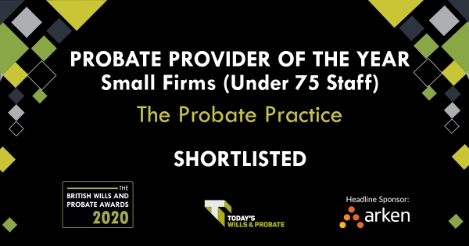

This is a certificate that is given to the Executors of a Will to enable them to gather in and sell the assets in the Deceased’s Estate to enable liabilities to be paid and remaining assets to be distributed to beneficiaries. Where there is no Will Letters of Administration are supplied rather than a Grant of Probate but in essence the two are the same thing
This will involve dealing with income and expenditure of the Deceased (e.g. dividends, rent). Once probate is granted, it may include selling assets, closing bank accounts, preparation of Tax Returns if there is rental income etc
It is a myth that this only applies to those with significant wealth.
IHT is a tax that is charged on the value of property (all of a deceased’s property or assets) when someone dies. Its rules are notoriously complex On a basic level, a 40% tax will apply if the value of your Estate exceeds the current threshold (£325,000 in a tax year) which will include your home.
However, complexities include the fact that gifts made within 7 years need to be added to the Estate (subject to various exemptions). Gifts to a spouse are exempt and there is also the possibility of reliefs in connection with gifts received from a deceased spouse and the residence (dependent on the value of the overall Estate!)
Our fees are calculated on a time basis dependent on the complexity of the work involved.
However, the fee will be capped at 1.5% of the gross value of the Estate (2% in the case of foreign assets). This ‘fee capping’ lets you know the absolute maximum that the job will cost and gives us an incentive to ensure that the work is carried out efficiently with Probate obtained and the assets of the Estate distributed as soon as possible.
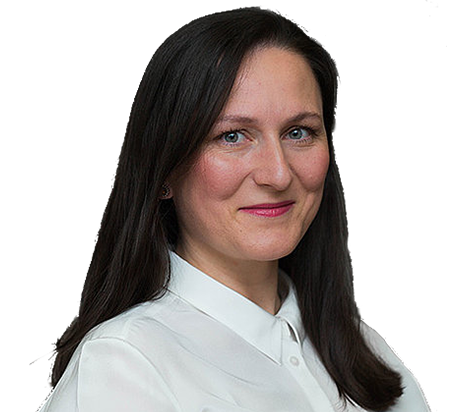
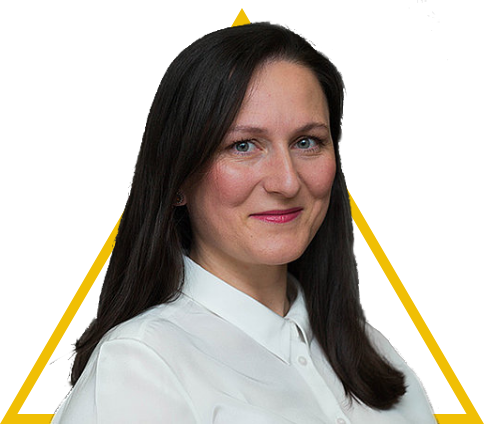
Izabela is a Chartered Tax Adviser and known for her calm manner which comes in useful when guiding clients through what can be a traumatic time
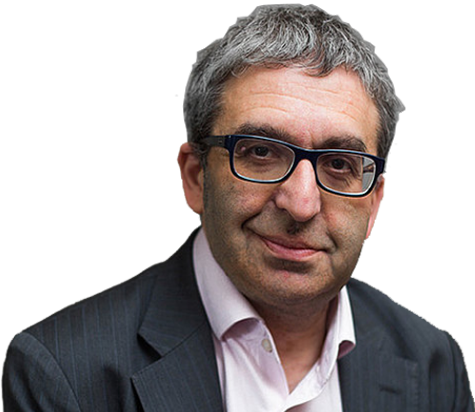
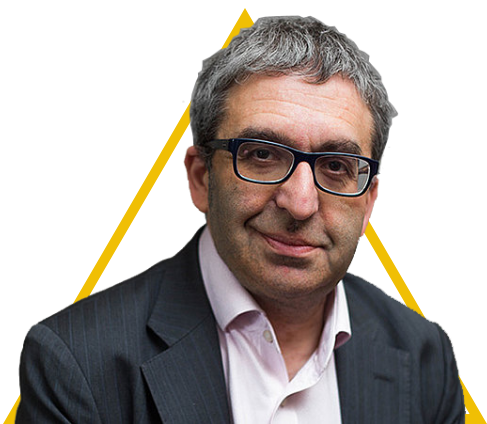
Joel is a director of The Probate Practice and was amongst the first Chartered Accountants in the UK to gain accreditation as a probate practitioner. He has spoken at professional conferences and appeared on BBC radio His pragmatic approach helps clients see the wood for the trees in what can be a rather daunting process. Joel understands that different family dynamics as well as different financial implications make each probate case unique and also has a wealth of experience in dealing with HMRC enquiries.
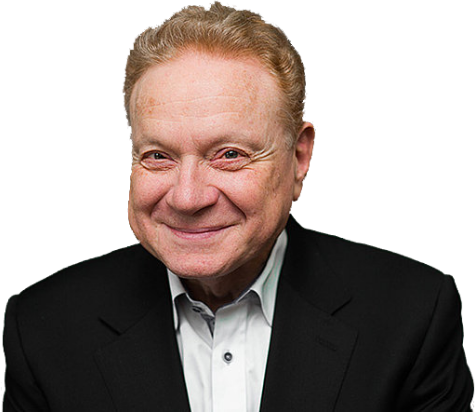
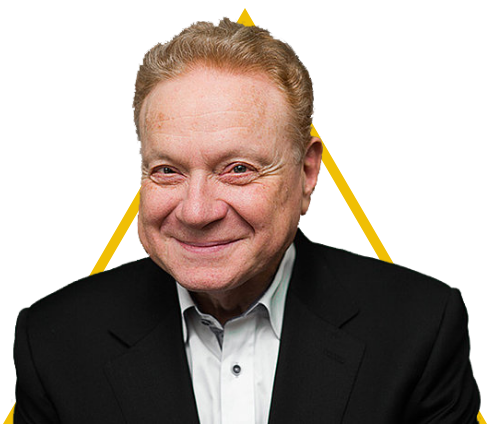
Joel is the managing partner of Nyman Libson Paul LLP, of which The Probate Practice is a part. He is accredited as a probate practitioner by the Institute of Chartered Accountants in England & Wales
We are accredited by the Institute of Chartered Accountants to
offer probate services under firm number C004104201.
